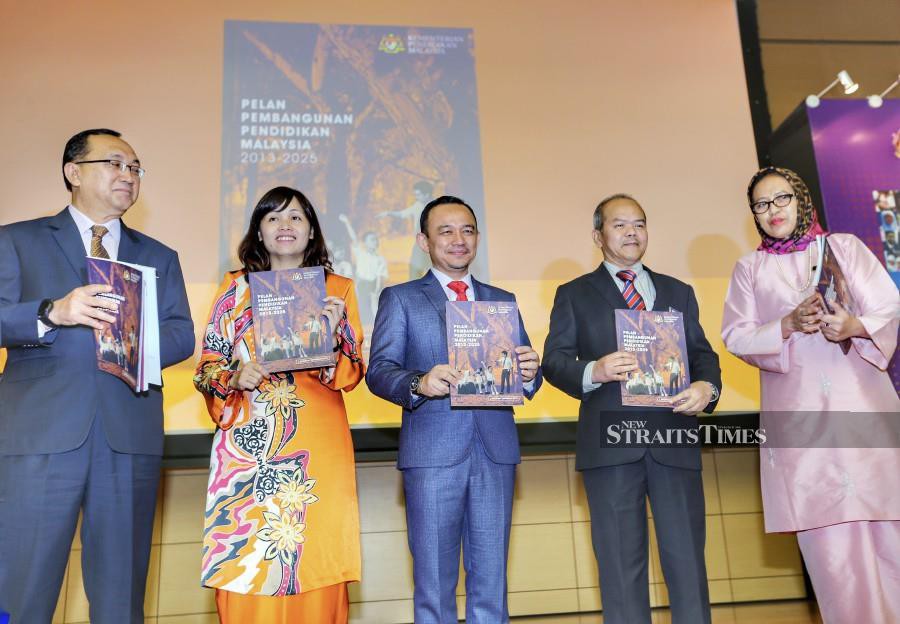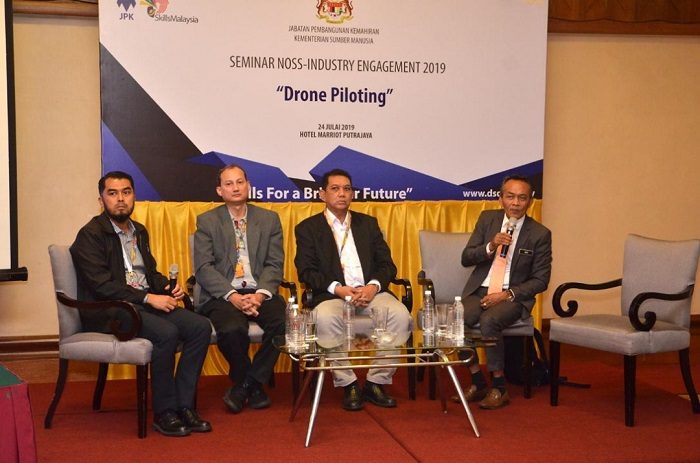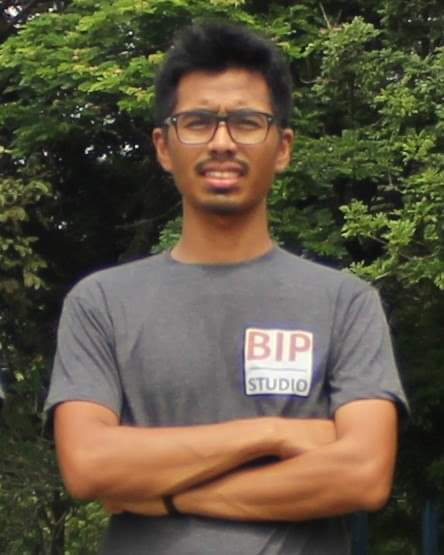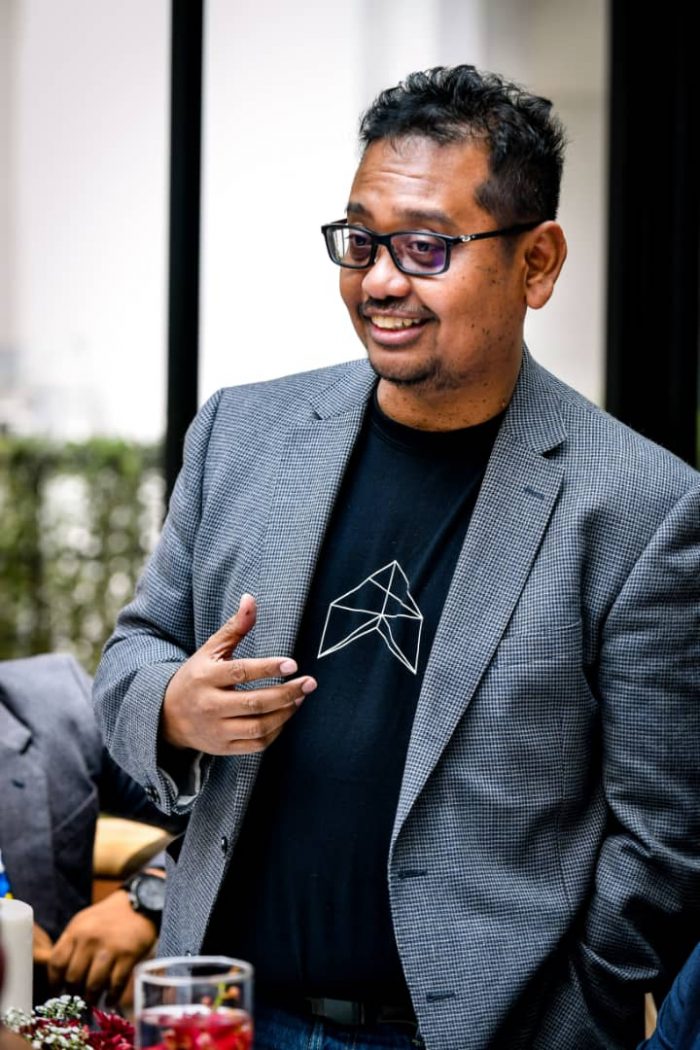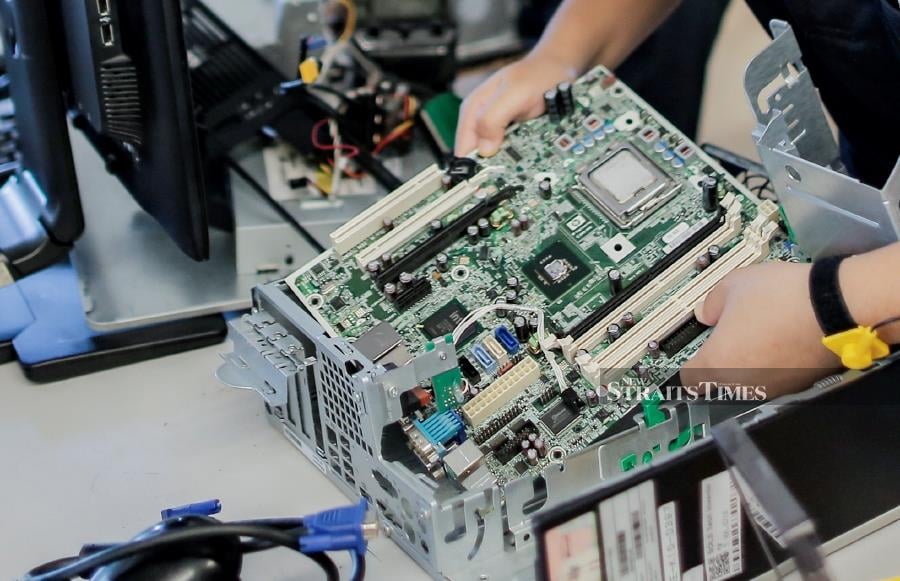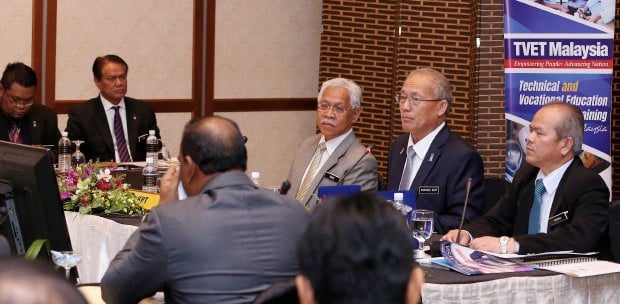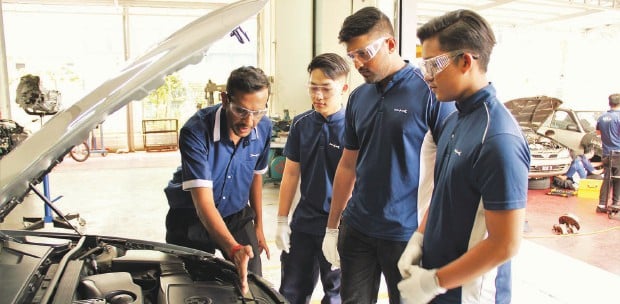
FOR the nation to move forward in tandem with the Fourth Industrial Revolution (IR 4.0) and beyond, there is a clear need for a well-trained technical workforce with skill sets that are present- and future-ready as well as future-resilient.
Technical and Vocational Education Training (TVET) programmes have always been seen as the vehicle to prepare aptly-skilled human capital but somehow the general perspective is that they fall short in terms of the level of skills and knowledge needed for the industry to forge ahead.
Graduates who have qualified from TVET institutions previously do not have a clear career pathway to further their studies and secure jobs that are highly technical in nature.
To create more career pathways and opportunities for TVET students, the Education Ministry with the Malaysian Technical University Network (MTUN) comprising four universities — Universiti Tun Hussein Onn Malaysia (UTHM) , Universiti Teknikal Malaysia Melaka (UTeM) , Universiti Malaysia Pahang (UMP) and Universiti Malaysia Perlis (UniMAP) — and the professional body for technologists and technicians, the Malaysia Board of Technologists (MBOT), have collaborated in establishing newly developed Bachelor of Technology Degree (BTech) programmes in specific technology fields.
Some universities have introduced several of the courses last month at the beginning of the 2019/2020 academic year while other universities will make the courses available in September next year.
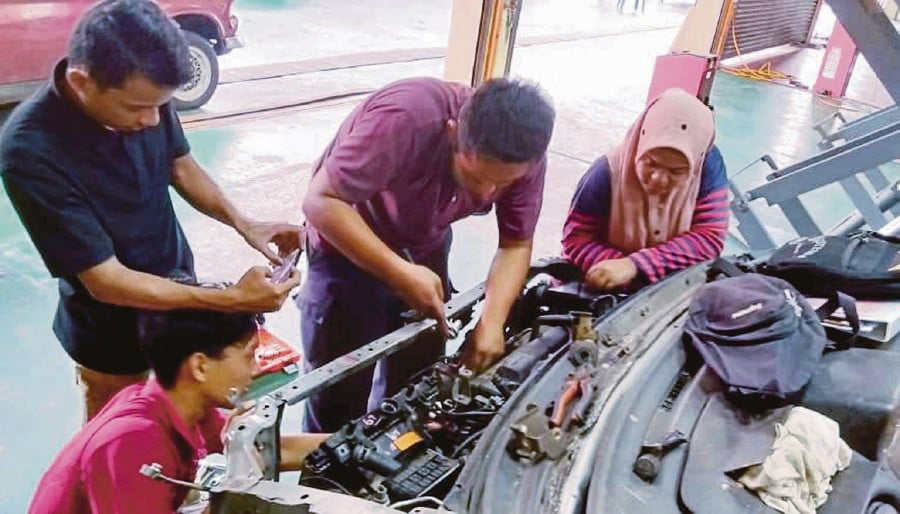
According to MBOT president Tan Sri Ahmad Zaidee Laidin, BTech programmes in MTUN are articulation programmes for TVET graduates with Diploma Vokasional Malaysia (Malaysian Vocational Diploma/DVM) through Kolej Vokasional (KV); and those with Diploma Kemahiran Malaysia (Diploma in Skills Malaysia / DKM) and Diploma Lanjutan Kemahiran Malaysia (Advanced Diploma Skills Malaysia / DLKM) from institutions under the Department of Skills Development, Ministry of Human Resources (MOHR).
The articulation process entails matching the courses, requirements and coursework at vocational colleges with that at higher education institutions.
“KVs start enrolling students as young as 16, post PMR/PT3 examination towards Diploma Vokasional Malaysia (DVM) through Sijil Vokasional Malaysia (SVM) without SPM. That posed a problem for the graduates should they decide to pursue a Bachelor’s degree and beyond at public universities. Other than that they often face difficulty in transitioning from TVET-based education to an academic-based degree programme,” he explained.
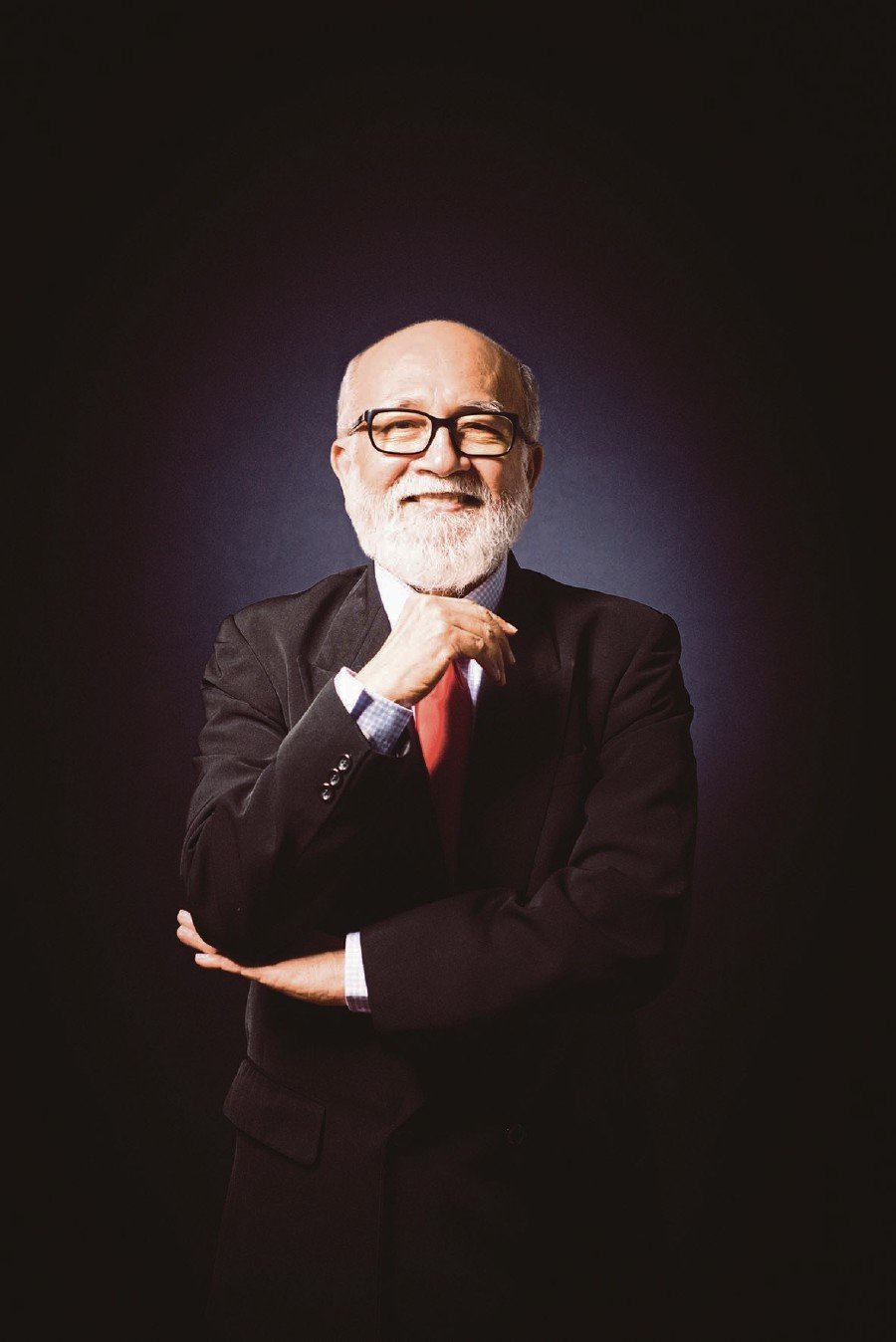
The entry level requirement for BTech programmes in MTUN is not based solely on SPM qualification, Ahmad Zaidee highlighted.
For DVM graduates, most of the candidates have taken the equivalency courses to SPM’s Bahasa Melayu dan Sejarah, namely Bahasa Melayu 1104 as well as Sejarah 1251. For DKM and DLKM graduates, most of the students have taken SPM which already includes Bahasa Melayu and Sejarah.
In any case this nation-building initiative is not met, MTUN has agreed the student can enrol for the courses during their tenure years of BTech studies.
“MBOT through Technicians Act 2015 (Act 768) has established the Technology & Technical Accreditation Council (TTAC). This is a Joint Technical Committee with the Malaysian Qualifications Agency (MQA) to perform accreditation on professional technology and technical programmes. The council has published a Technology & Technical Accreditation Manual 2019 (TTAC MANUAL) for a comprehensive guideline for education providers (EP) to design and develop their programmes in the advanced technological fields,” he said.
UniMAP Academic Management Office dean Professor Dr Anuar Mat Safar said the availability of BTech programmes for DVM and DKM qualification holders is timely.
“It is estimated there are 50,000 students graduating with DVM and DKM every year. With the availability of BTech programmes, these students can obtain Bachelor’s degree-level qualifications as per required to face the challenges of IR 4.0,” he said.
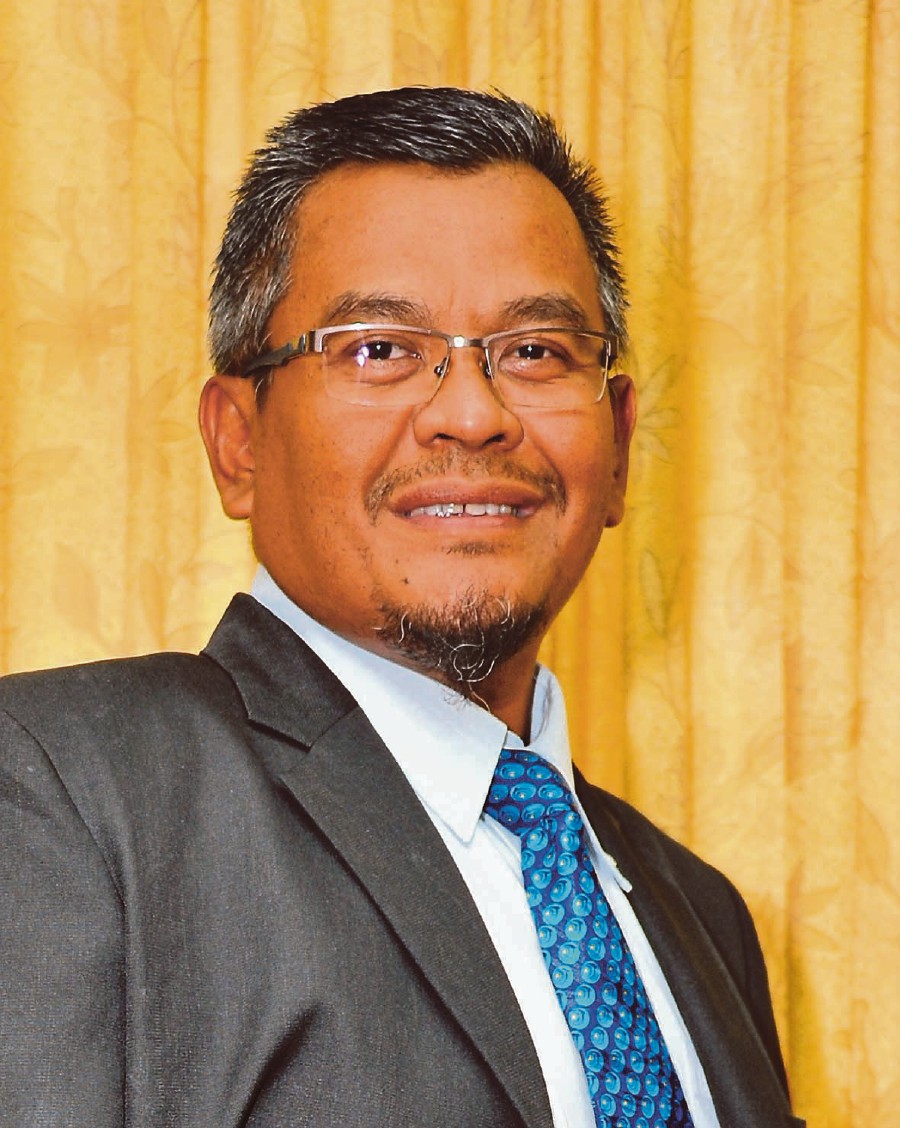
DIFFERENTIATION
The main difference between BTech and conventional degree programmes is that the former were developed based on occupational requirement while the latter are more discipline-based, UTeM vice-chancellor Professor Datuk Wira Dr Raha Abdul Rahim explained.
“In conventional degree, fundamental and technological courses such as mathematics, physics etc are taught separately. In BTech programmes, the focus is for a graduate to perform a task in the work environment, hence fundamental and technological knowledge that is usually taught in different courses are embedded into a course on a particular competency set,” she said.
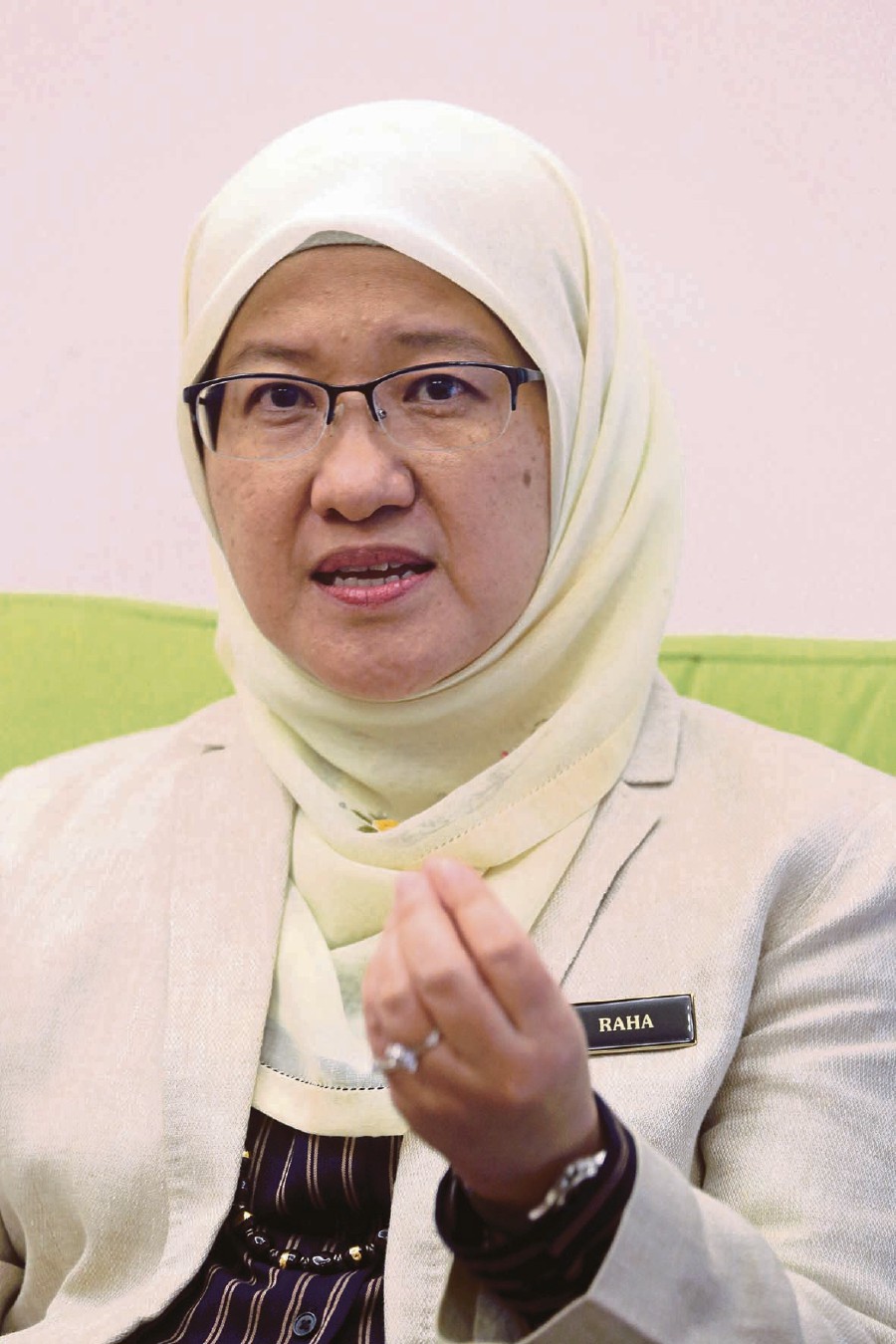
For example, she illustrated that a BTech Welding programme comprises a course of Welding inspection that combines elements of mathematics, physics, material studies, and local laws accordingly rather than have the subjects taken in separate courses, as with conventional programmes.
UTHM vice-chancellor Professor Datuk Dr Wahid Razzaly, meanwhile, explained that the current delivery or execution of BTech programmes uses the approach of Work Based Learning (WBL) in block released manner. This means the students undergo their studies in two phases: two and a half years at university and another year in the industry.
“The curriculum structure is towards preparing students into industry 4.0 in line with the Program Educational Objective, which is to produce technologist, technopreneur and entrepreneurship.
As such, the success ratio of higher graduate employability is ensured as the students will have a structured WBL courses in the industry itself within a year before they graduate,” he said.
He said another delivery approach via apprenticeship is still in the development progress. The idea is to have workers upgrade their qualifications by studying two days in university and working three days.
COLLABORATION
UMP Center for Academic Innovation & Competitiveness (CAIC) director Associate Professor Dr Mohd Rusllim Mohamed, who is a director of the MBOT Technology and Technical Accreditation Secretariat, observed that MoE and the Ministry of Human Resources have been working closely to ensure the programmes are running accordingly.
“So far, the government has distributed some budget for reskilling and upskilling of existing lecturers, mentoring training for industry workers, and the implementation of a newly developed concept of teaching factory — University Revaluation Teaching Factory (URTF). Here, students are involved in industry production line, thus creating valuable experiential learning even before they graduate,” he said.
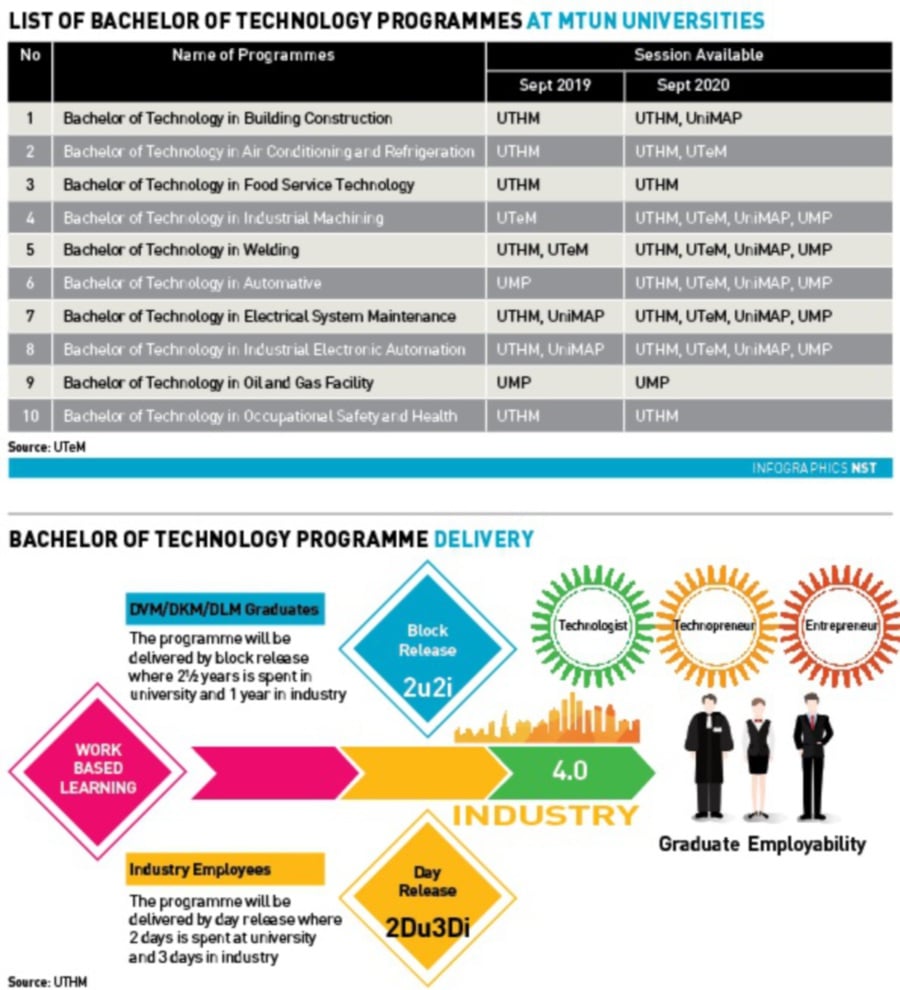
He related that MoE has approached the Malaysian German Chamber of Commerce and Industries (MGCCI) to become a strategic partner to BTech’s MTUN, so that the programmes can be further improved to meet the German standards.
“With MGCCI on board, all of its over 400 companies’ partners would be willing to be part of the ministry’s TVET empowerment agenda,” he said.
To improve the quality of teaching and learning based on IR 4.0, Anuar said UniMAP is currently applying to develop a teaching plant through the URTF effort.
“This involves practical sessions of industrial design, engineering design and 3D printing at this teaching plant,” said Anuar.
UniMAP’s Faculty of Engineering Technology has also applied for TVET transfer of technology (TOT) for existing lecturers to further enhance their knowledge and skills.
“The main objective of this TOT is to obtain professional certification for lecturers at the faculty. Some laboratories are also proposed to be turned into industrial laboratories, to enable professional certificates to be issued. Training to obtain a teaching professional certificate has also been proposed as one of the TOT TVET agendas to be implemented after this provision is approved,” he said.
At UTHM, Wahid said nine memoranda of understanding and eight letters of intent with related industries have been signed.
“The University-Industry partnerships include those with Siemens, Acson, Carrier, Festo, HardRock Hotel, NIOSH, Binaan Desjaya and Proton. The approach of BTech programmes is to have 60 per cent work-based learning and 40 per cent theory,” he said.
EXPECTATIONS
Director of UTeM’s Academic Planning and Development Office Associate Professor Dr Muhammad Fahmi Miskon said with a BTech degree in hand, TVET graduates can also request for appropriate and adequate amount of salaries coherent with the skills that they own.
“It is believed that the competition for fresh graduates to get a job has gotten tougher. Hands-on skills, experience and knowledge are what employers look for today,” he said.
Other than having more students involved in skilled courses, Ahmad Zaidee said it is also very important to get the students to further their studies so that they would be more intellectually improved in many aspects.
“The graduates of these programmes are expected to be employed as soon as they graduate because the programmes are designed to fulfil the needs of the industries.
“The launch of B.Tech programmes in MTUN reflects the government’s commitment in promoting and acknowledging TVET as the driving force in the country’s development. The curriculum is more practical and flexible to meet the challenges of the IR 4.0,” he said.
As the primary professional body for TVET, he said MBOT prepares TVET graduates as technologists and technicians that are readily accepted not just in the local but also the global industry.
“We are establishing our footing in the international arena with other countries via bilateral or multilateral cooperation.
“To date, we have been accepted as provisional signatory for Seoul Accord (multilateral co-accreditation agreement for Information & Computing Technology programmes). MBOT has also taken a proactive step in proposing to pioneer the establishment of APEC Technologists and Technicians Register (ATTR) which is anticipated to be launched next year when Malaysia hosts APEC 2020,” he said.
Source: https://www.nst.com.my/education
Comment: It’s not just BTech that DVM/DKM/DLKM graduates can pursue, they can also consider EBIM (Executive Bachelor in Industrial Management), an URise bridging program by Universiti Tun Abdul Razak where Technical Leadership and Industrial Revolution 4.0 are the core learning outcomes.
Executive Bachelor in Industrial Management (EBIM), specializing in Leadership, enable skilled personnel to excel into managerial positions with enhancements in managerial core abilities. The course covers the learning in soft-skills of leadership, managerial abilities, business communication and project management.
For SKM1&2 graduates, they are also not forgotten as their pathway would be to Professional Diploma in Industrial Management.
Truly understanding TVET candidates’ situation, SPM is not a pre-requisite, yay! Another exciting part about the program is that it’s a blended learning, means it’s conducted online and face to face classroom.
For more information, kindly email to thonghiwah@urise.edu.my or whatsapp/call 012-3123430.

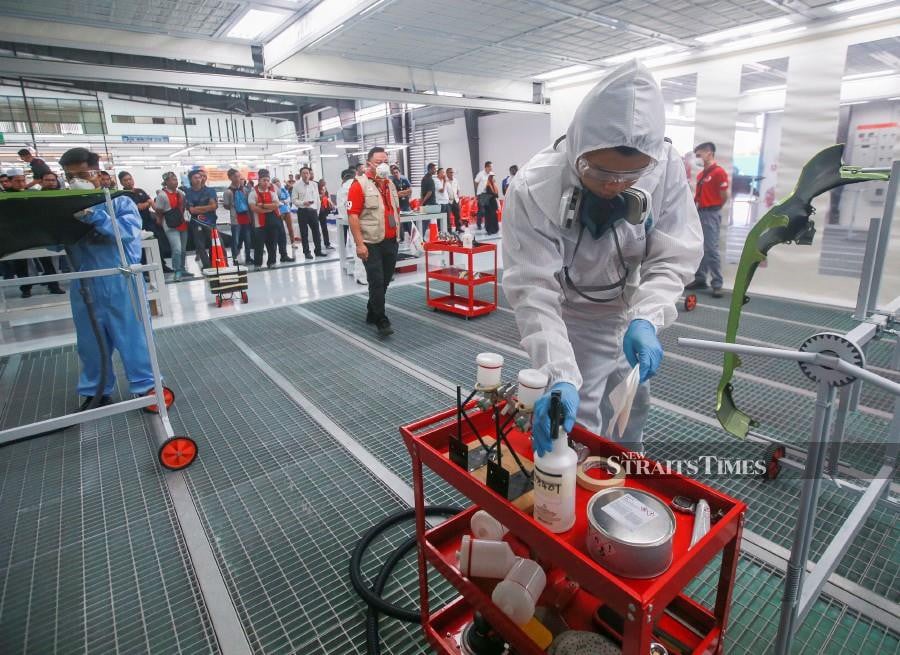

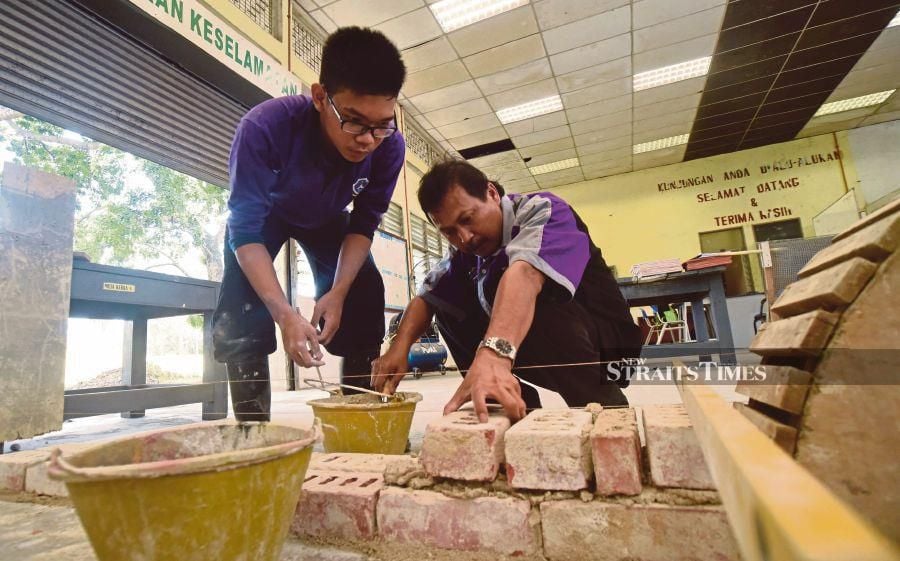
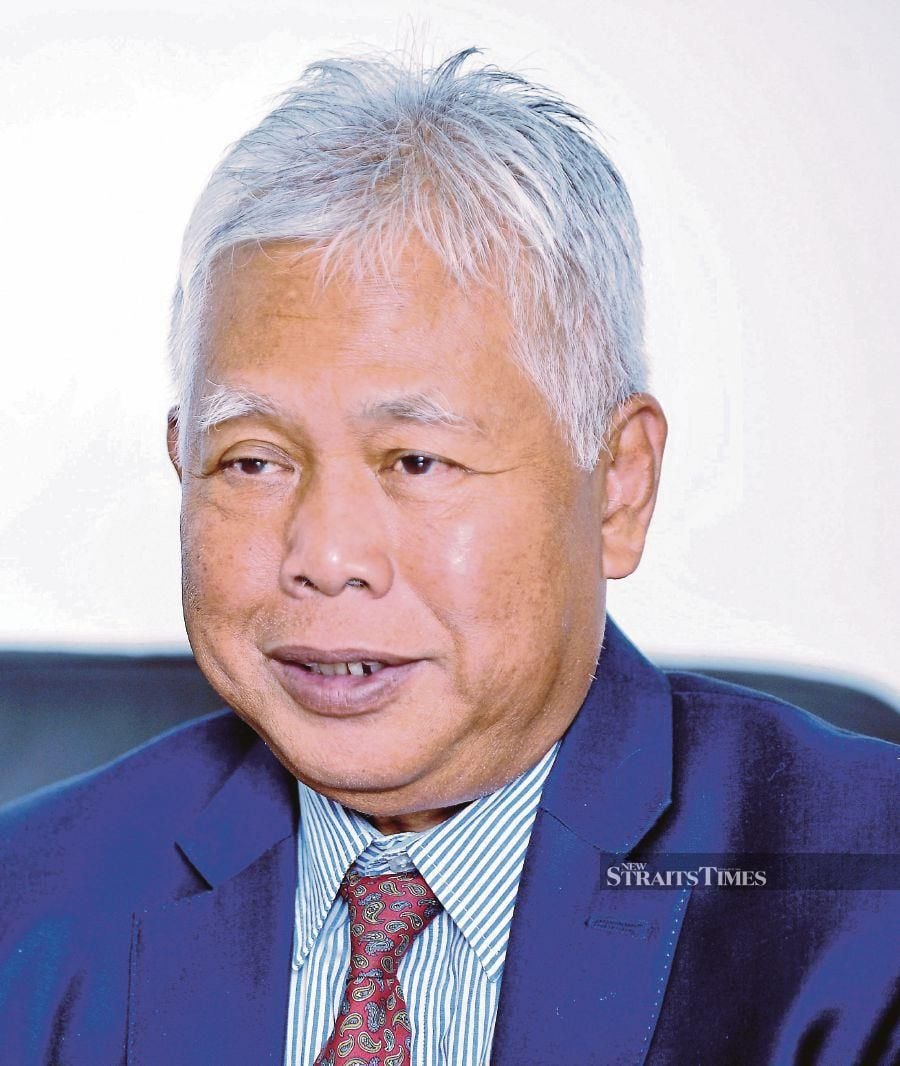

.jpg)
